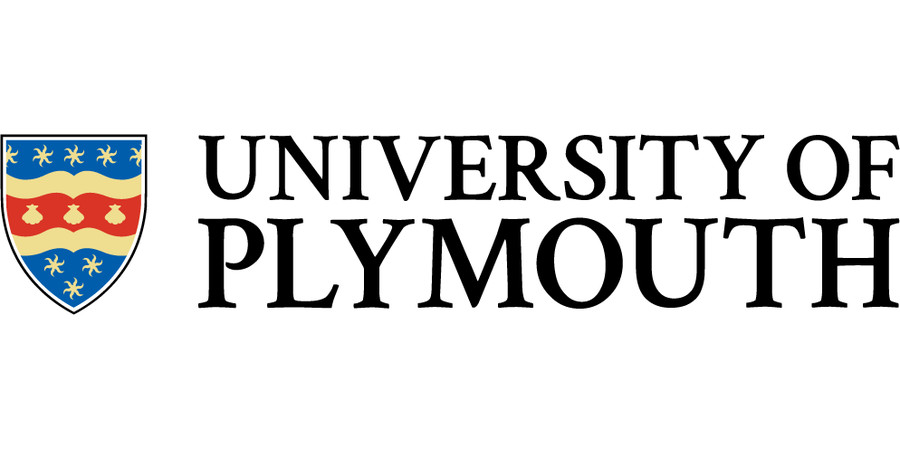PhD Studentship: Assessing Tipping Points in Temperate Coastal Ecosystems: Integrating Thermal Landscapes, Individual Physiology, and Community-level Responses to Heatwaves
University of Plymouth
| Qualification Type: | PhD |
|---|---|
| Location: | Devon, Plymouth |
| Funding for: | UK Students, International Students |
| Funding amount: | The studentship is supported for 3.5 years and includes Home rate tuition fees plus a stipend of £19,215 per annum 2025-26 rate (2026-27 rate TBC) |
| Hours: | Full Time |
| Placed On: | 28th November 2025 |
|---|---|
| Closes: | 2nd February 2026 |
Lead Supervisor (DoS): Dr Manuela Truebano
Second Supervisor: Dr Dan Smale
Third Supervisor: Dr Juliane Wihsgott
Applications are invited for a 3.5 year PhD studentship with Marine Research Plymouth – a collaborative partnership between the University of Plymouth, the Plymouth Marine Laboratory and the Marine Biological Association. The studentship is due to start on 1st October 2026.
Plymouth has been at the forefront of global marine research for more than a century, and today it is home to the largest concentration of marine researchers in the UK. Come and join our vibrant community of marine PhD students.
Project Description
Climate change is increasing the frequency and intensity of heatwaves, with major consequences for biodiversity, ecosystem functioning, and the services that coastal habitats provide. Temperate nearshore ecosystems, particularly intertidal and shallow subtidal zones, are highly dynamic and thermally extreme, exposing organisms to both marine (MHW) and atmospheric (AHW) heatwaves, often in rapid succession or simultaneously. Despite this, we have limited understanding of how these events interact and influence individual physiology, population resilience, and community-level dynamics.
This project will investigate how temperate coastal ecosystems respond to extreme heat events by combining high-resolution thermal mapping, experimental studies of organismal physiology, and community-scale experiments. It aims to identify physiological and ecological tipping points, revealing how compounding MHWs and AHWs affect organisms, species interactions, and ecosystem resilience, providing crucial insight for forecasting impacts under future climate change. You will:
- use a range of temperature data sources (in situ loggers, atmospheric and marine reanalysis data, Earth observations, historic WCO oceanographic time series) to identify and characterise realistic heatwave conditions in nearshore benthic habitats (intertidal and shallow subtidal rocky shores);
- assess physiological responses of marine invertebrates and seaweeds to MHWs and AHWs, using realistic simulations;
- identify whether and how ecological interactions shift in response to heatwaves, using community-scale mesocosm experiments.
The project will be based within collaborative, multi-disciplinary research groups at the University of Plymouth, Marine Biological Association, and Plymouth Marine Laboratory, with strong ties to national and international networks. You will benefit from regular research meetings, journal clubs, and training in:
- oceanography & meteorology (Wihsgott);
- marine invertebrate ecophysiology (Truebano);
- macrophyte physiology and community ecology (Smale);
- data analysis, critical thinking, scientific writing, presenting and communicating scientific results.
Your supervisors will help you identify your training and development needs, and use dedicated time and funding to support your career development. You will be supported to lead manuscripts, present at international conferences, and engage with impact-facing activity.
Eligibility
Applicants should have a first or upper second class honours degree in an appropriate subject or a relevant Masters qualification. We seek an enthusiastic individual with a background in marine sciences and biological knowledge. Experience with laboratory experiments and modelling is advantageous. A keen interest in physiology and climate change, and strong quantitative analysis skills are essential.
The studentship is supported for 3.5 years and includes full Home tuition fees plus a stipend at the 2026/27 URS rate (to be confirmed; compare the 2025/26 URS rate of £19,215 p.a.).
If you wish to discuss this project further informally, please contact Dr Manuela Truebano.
Please click on the Apply button above for further information and to apply.
The closing date for applications is 12 noon on Monday 2nd February 2026.
Advert information
Type / Role:
Subject Area(s):
Location(s):









